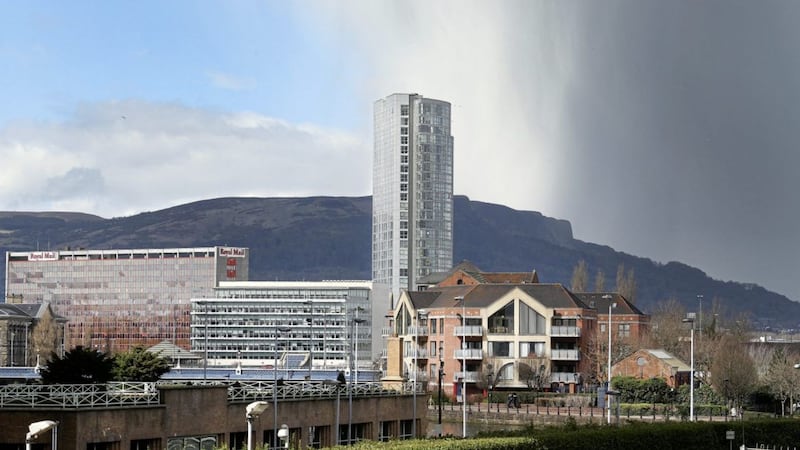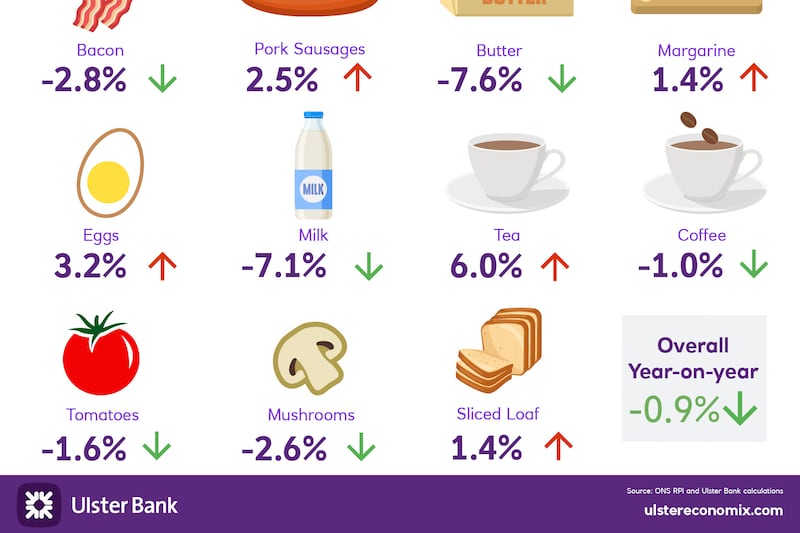THE north's uncertain political status is impacting on rent and capital values im the commercial property sector, agents claim.
The latest bulletin from the Royal Institution of Chartered Surveyors (RICS) and Ulster Bank, covering the second quarter of this year, point to a softening in occupier and investor demand, with expectations for both rent and capital values also "trimmed".
The feedback from Northern Ireland commercial property professionals follows the UK trend where rental expectations have been scaled back and expectations "moderated".
Political uncertainty - including the ongoing Brexit negotiations and the recent UK general election - is seen by surveyors as an impediment to market activity.
And the UK’s decision to leave the EU continues to impact on investment decisions in Northern Ireland in particular, with the survey suggesting that demand from foreign investors for commercial property assets in the region has fallen for the fifth quarter running.
Northern Ireland surveyors are also more likely than respondents in other parts of the UK to say that they have seen evidence of businesses thinking of relocate away from the UK as a result of Brexit.
Northern Ireland, Scotland and London continue to return more than 50 per cent of respondents expressing this view.
RICS regional commercial property spokesperson Tracy Flannigan, a director at Colliers International, said: "Most of the survey’s indicators for Northern Ireland remain positive, but there has been a softening in the data compared to the previous quarter.
"This is perhaps unsurprising given the political uncertainty locally and at a UK-level, with the recent UK general election, the ongoing Brexit negotiations, and the political situation in Northern Ireland."
With regard to the latter, RICS believes that a local Executive would be best placed to ensure delivery of long-term policies and decision-making which are "vital to the development and growth of the economy, including the land, property and construction sectors".
Gary Barr from Ulster Bank, added that the survey's data was in line with other economic indicators for the Northern Ireland economy.
"These suggest a more cautious approach by businesses and consumers," he said. "However, while sentiment has eased back, the survey points to ongoing activity in the market and Ulster Bank is committed to continuing to support good deals and investments."
In the survey, a net balance of 17 per cent of respondents reported that occupier demand in all sectors was up, compared to 27 per cent in Q1.
Meanwhile, the net balance for three-month rent expectations was 10 per cent, meaning 10 per cent more surveyors expect rents to rise than fall.
A net balance for three-month capital value expectations was plus-15 per cent (down from plus-33 per cent in Q1) while investment enquiries were more or less flat, with only four per cent of respondents seeing a rise in number.
Significantly, the net balance for foreign investment enquiries was minus 29 per cent and remained in negative territory for the fifth quarter in succession.







